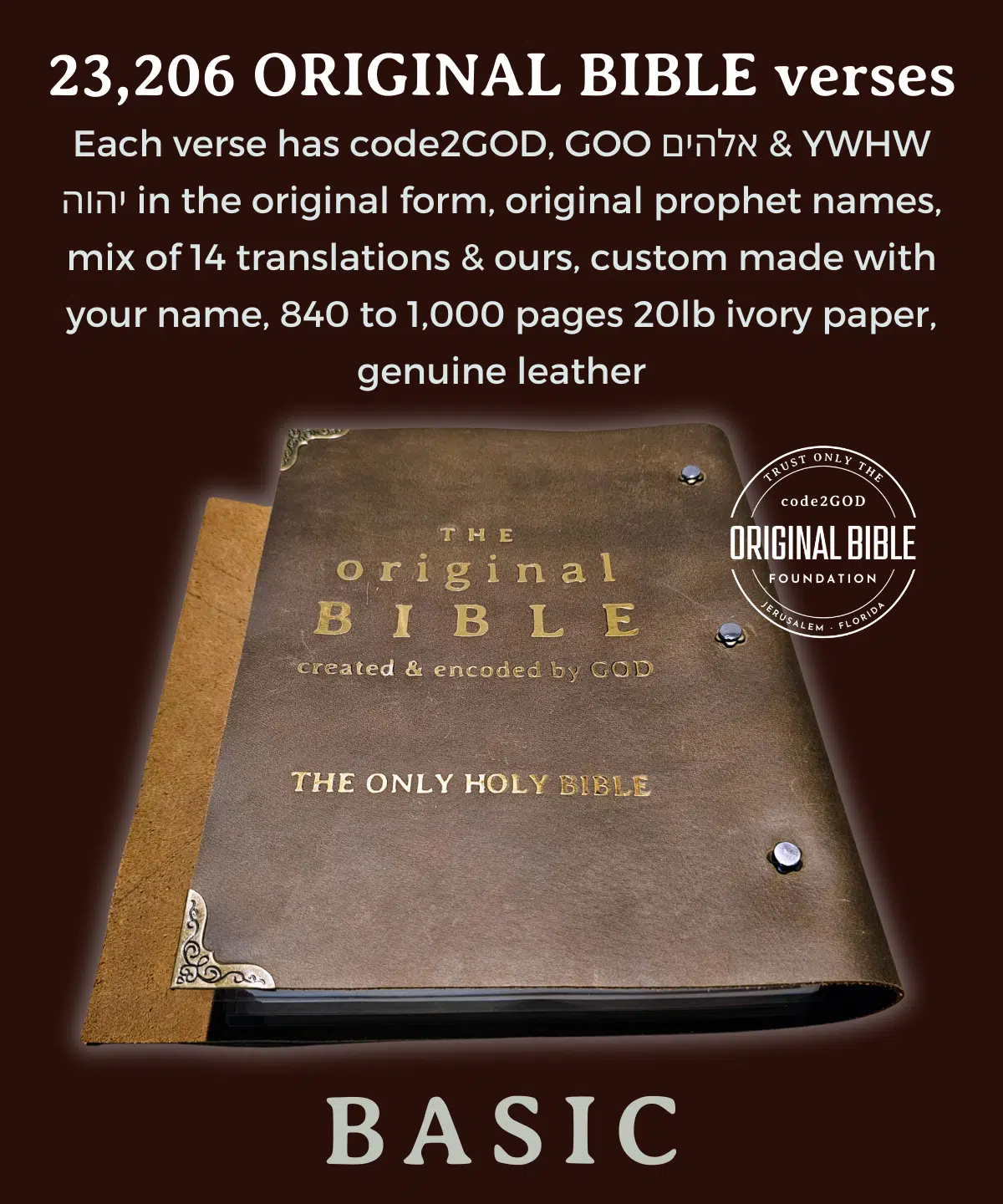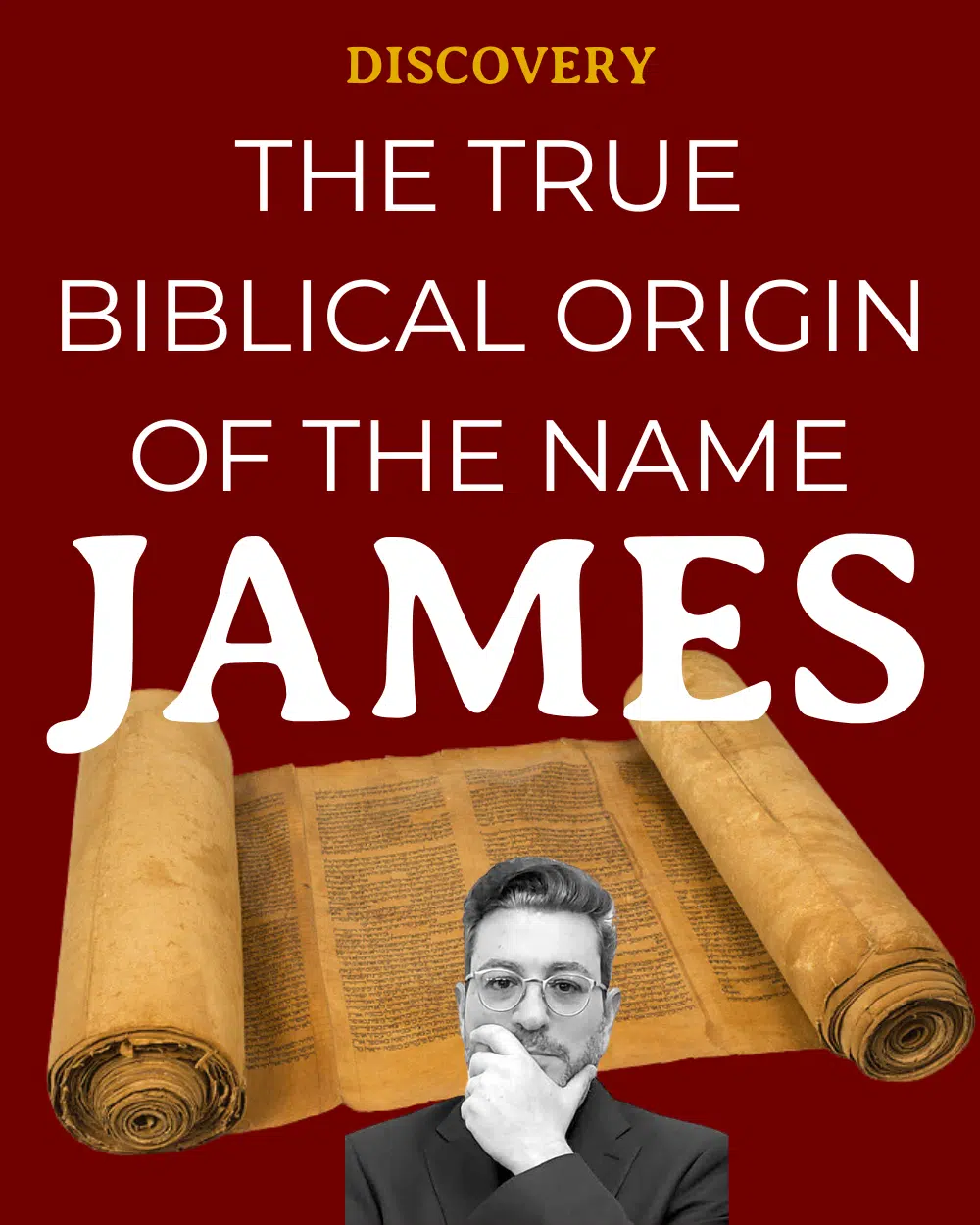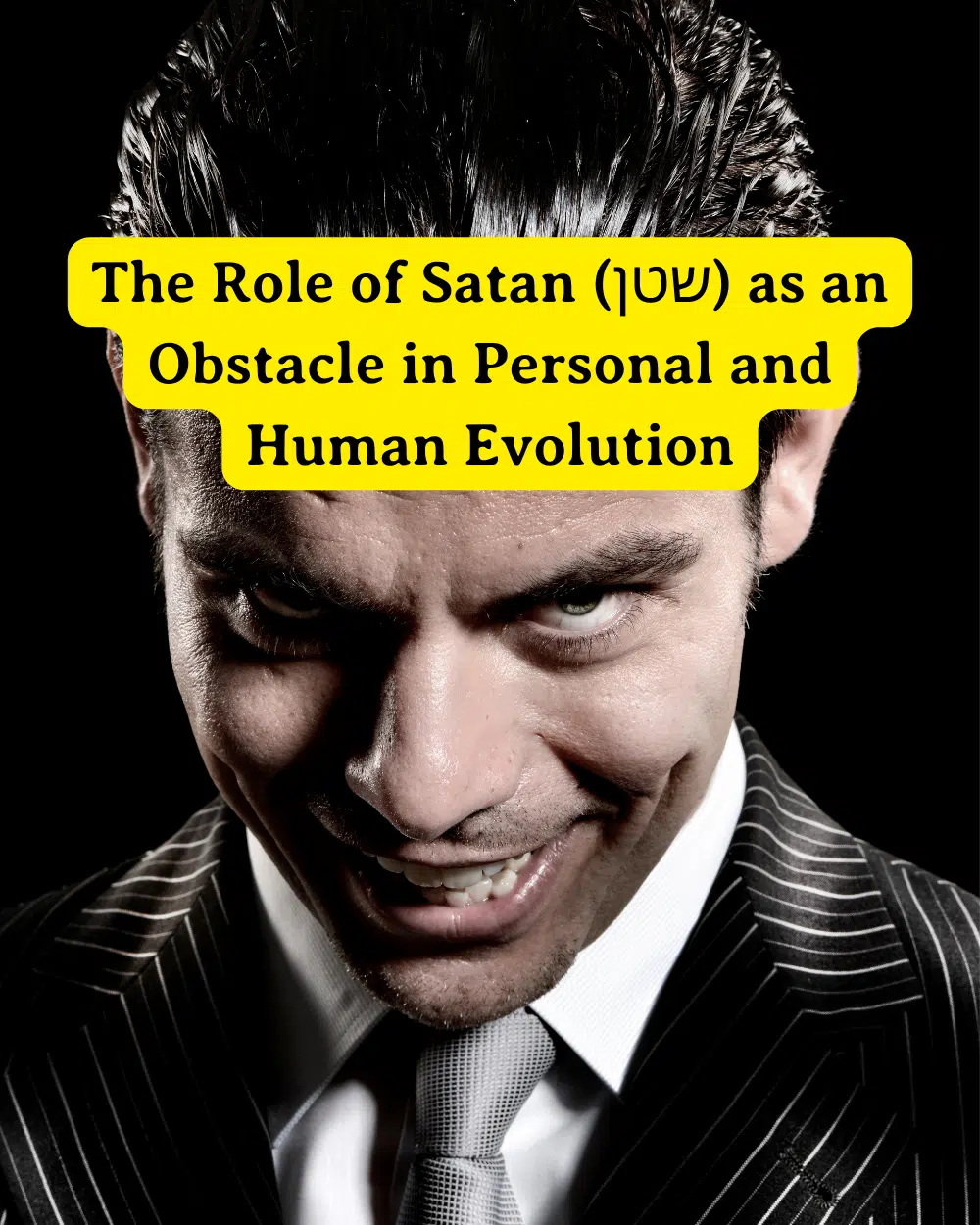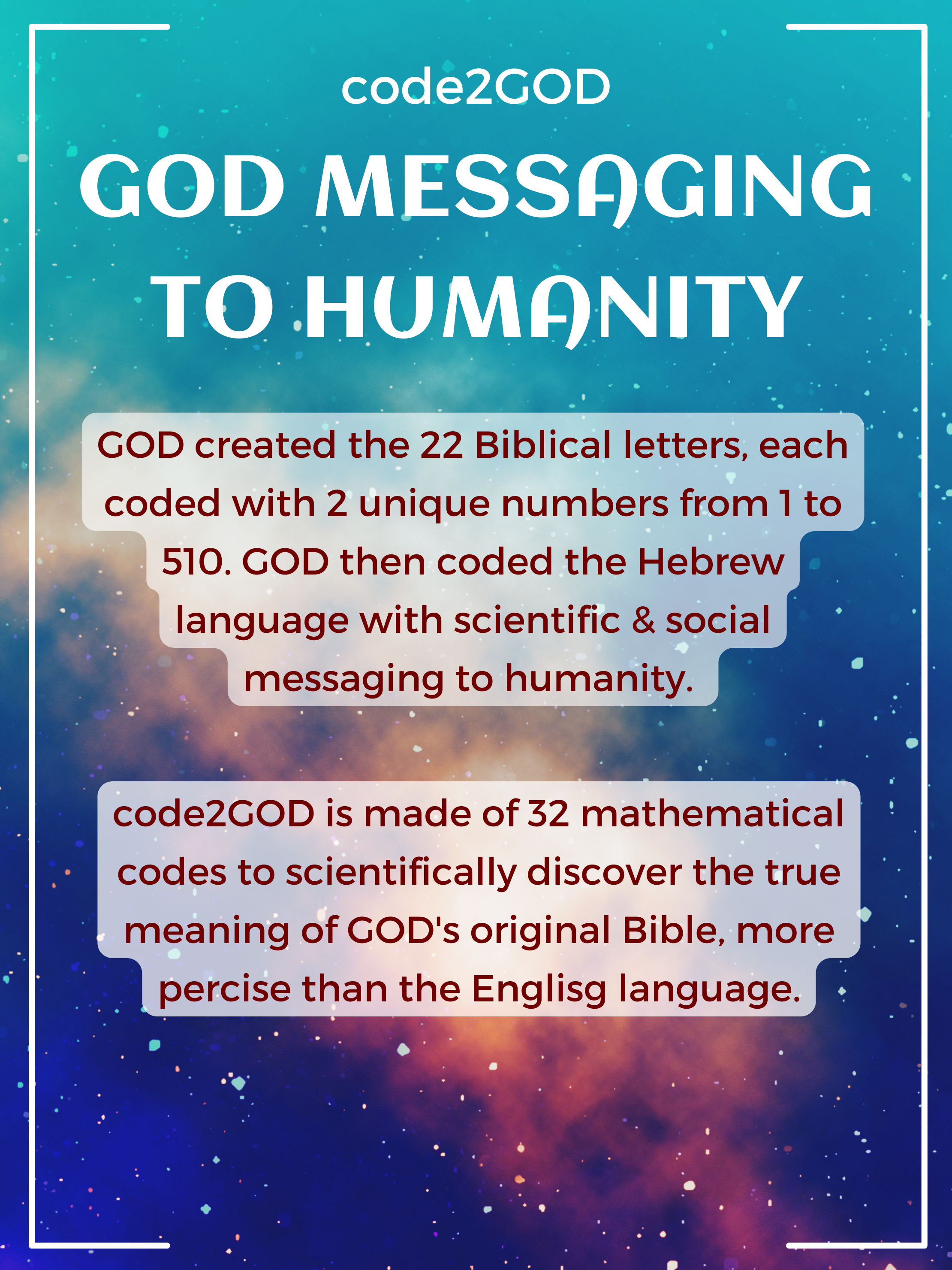The Quran and the New Testament are the holy texts of Islam and Christianity respectively, and both offer guidance on how to live a moral and virtuous life. While there are many similarities between the two texts, there are also significant conceptual differences that reflect the unique cultural and historical contexts in which they were written, as well as the different interpretations and traditions that have emerged within each faith. In this article, we will explore the various conceptual differences between the Quran and the New Testament, highlighting the key ways in which the two texts approach morality and the nature of God.
Conceptual Differences:
One of the key conceptual differences between the Quran and the New Testament is their approach to the nature of God. In the Quran, God is seen as a single, unified deity who is all-powerful and all-knowing. The Quran emphasizes the absolute sovereignty of God and the importance of submitting to his will. In contrast, the New Testament presents a more complex understanding of the nature of God, with a trinitarian view of God as the Father, Son, and Holy Spirit. This view is reflected in the concept of the Christian trinity, which is central to Christian belief and practice.
Another significant conceptual difference between the Quran and the New Testament is their approach to the concept of revelation. In the Quran, revelation is seen as a direct communication from God to humanity, as exemplified by the revelation of the Quran to the Prophet Muhammad. In contrast, the New Testament presents a more complex view of revelation, with the belief that God has revealed himself through various means, including the Bible, the teachings and example of Yeshua, and the work of the Holy Spirit.
A third key conceptual difference between the Quran and the New Testament is their approach to the concept of salvation. In the Quran, salvation is seen as dependent on the individual’s submission to the will of God and the adherence to the teachings of the faith. In contrast, the New Testament presents a more complex view of salvation, with the belief that it is made possible through faith in Yeshua are saved without regard for their past deeds.
In conclusion, the Quran and New Testament offer two distinct visions for how humans should live their lives and navigate their relationship with God. While the two texts share some similarities, their major conceptual divides center around faith, divine power and judgment, human nature and salvation. Ultimately, each text serves as its own unique source of spiritual guidance which speaks to the believer in a different language.













